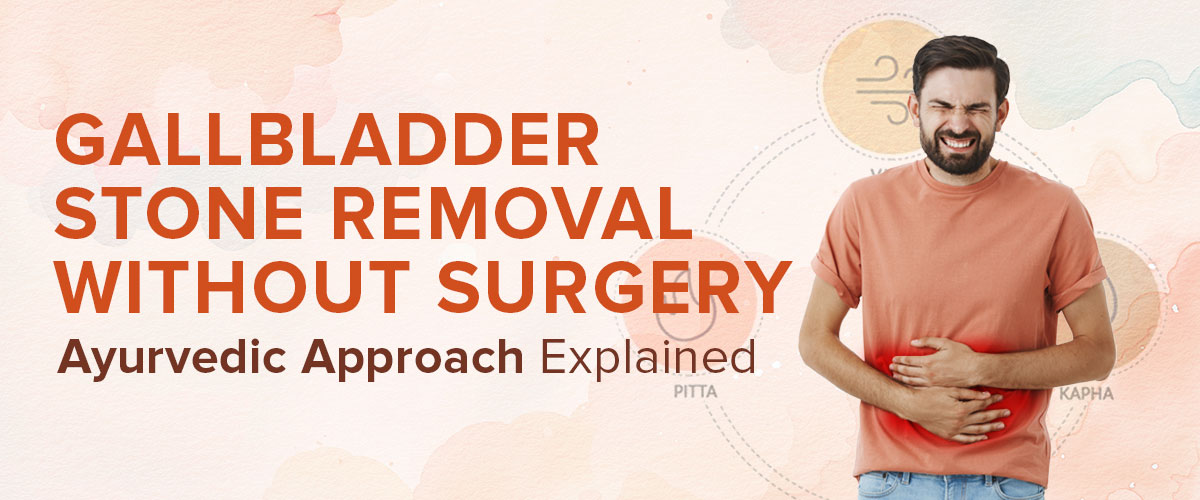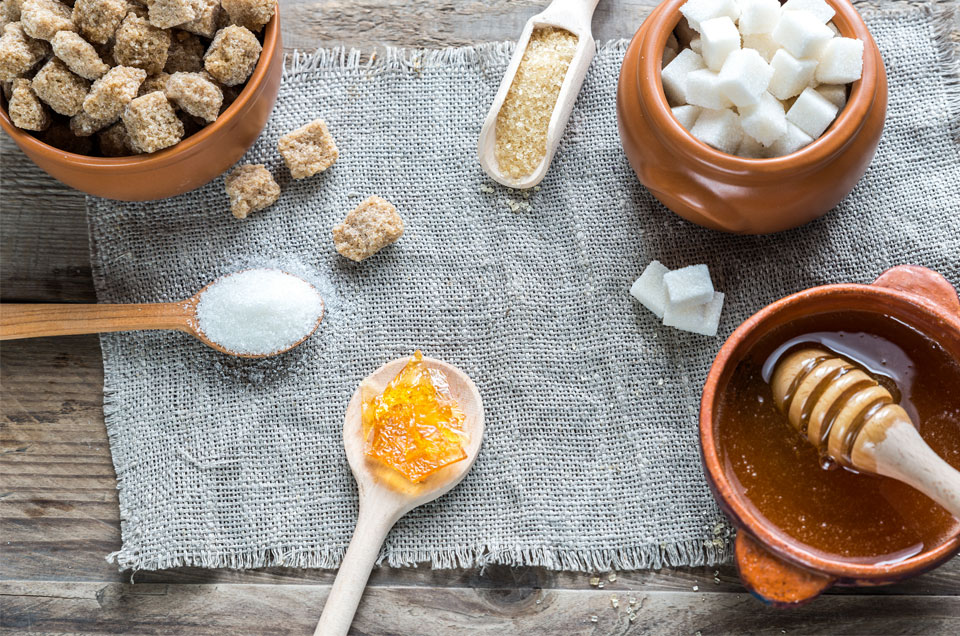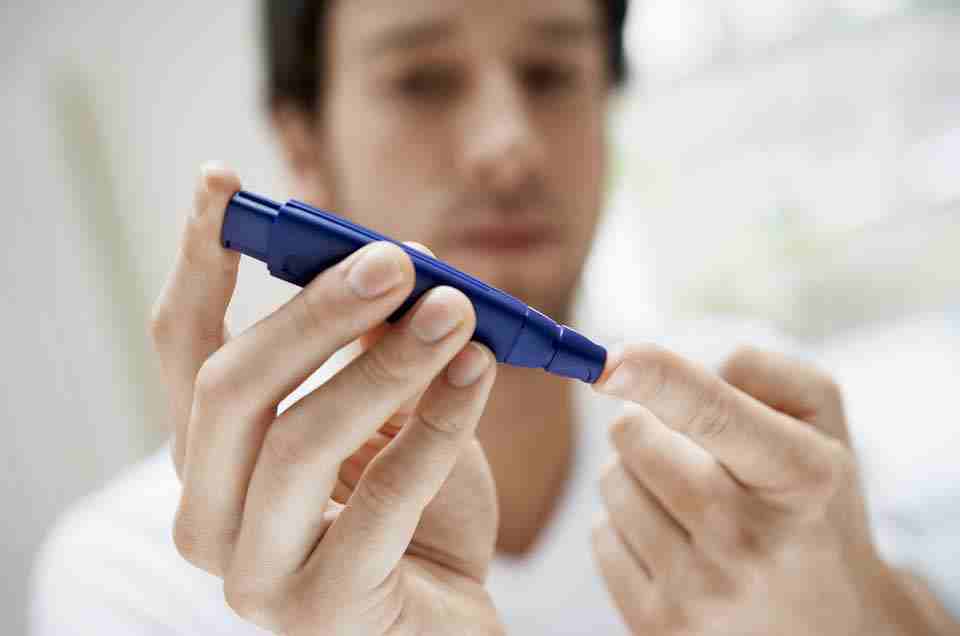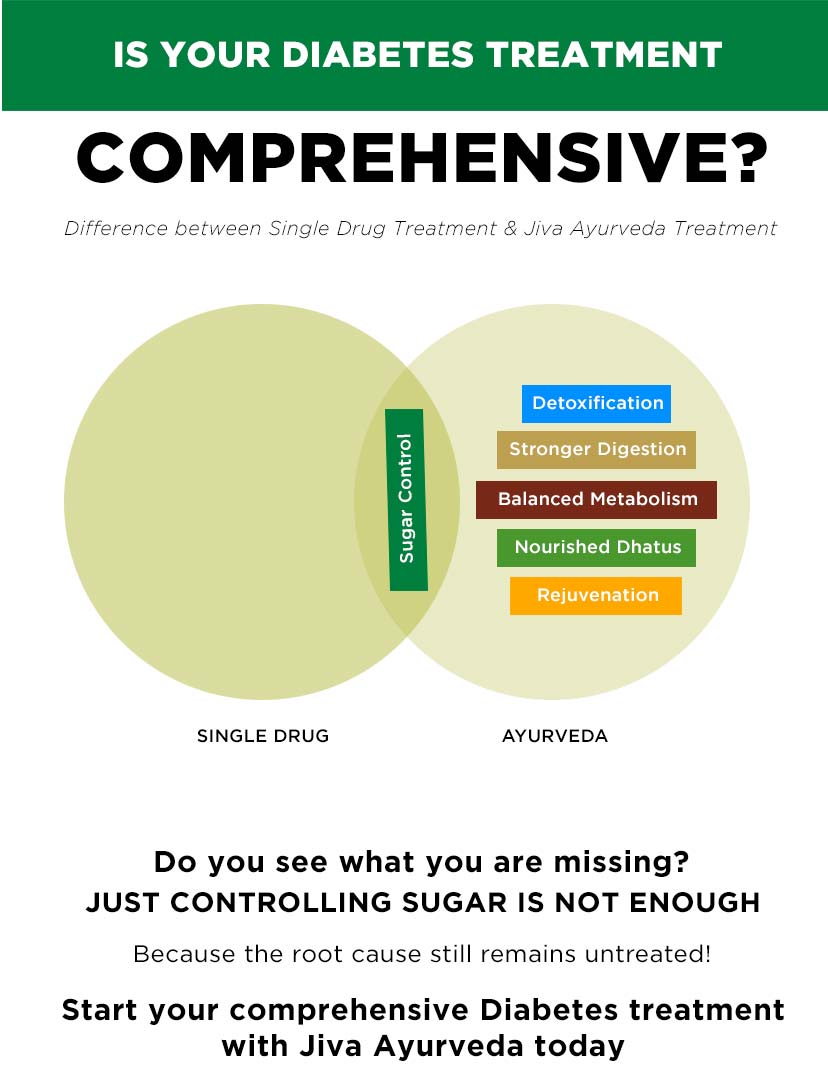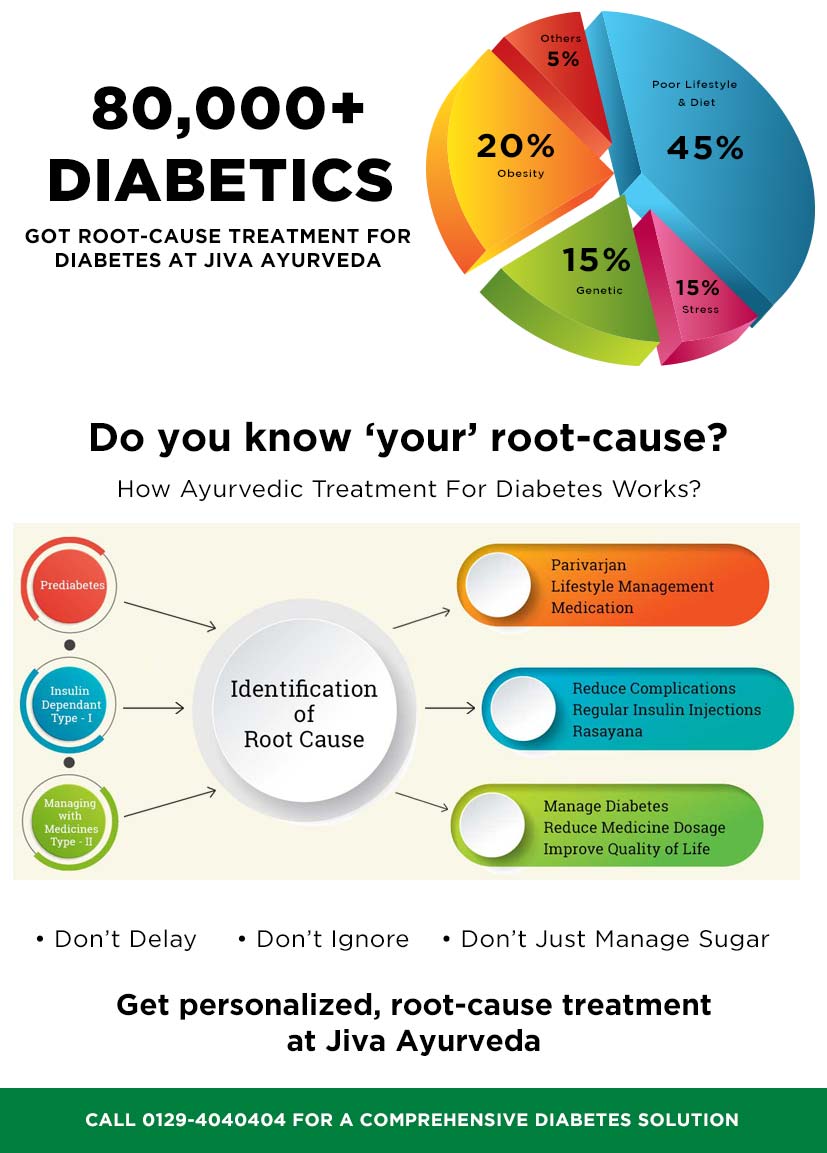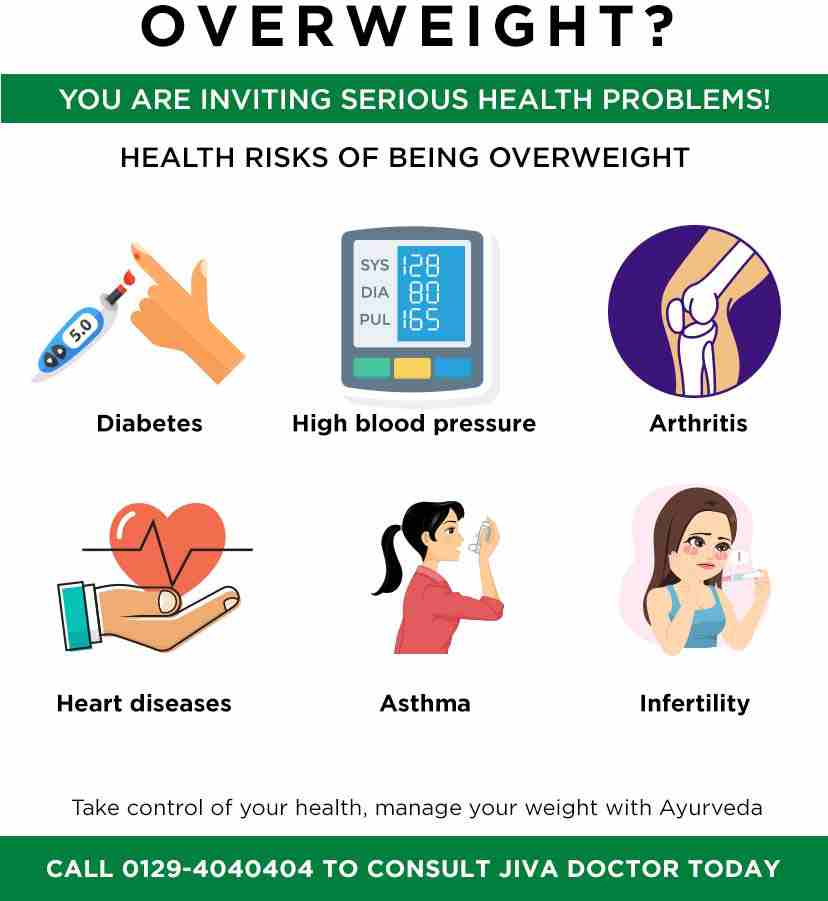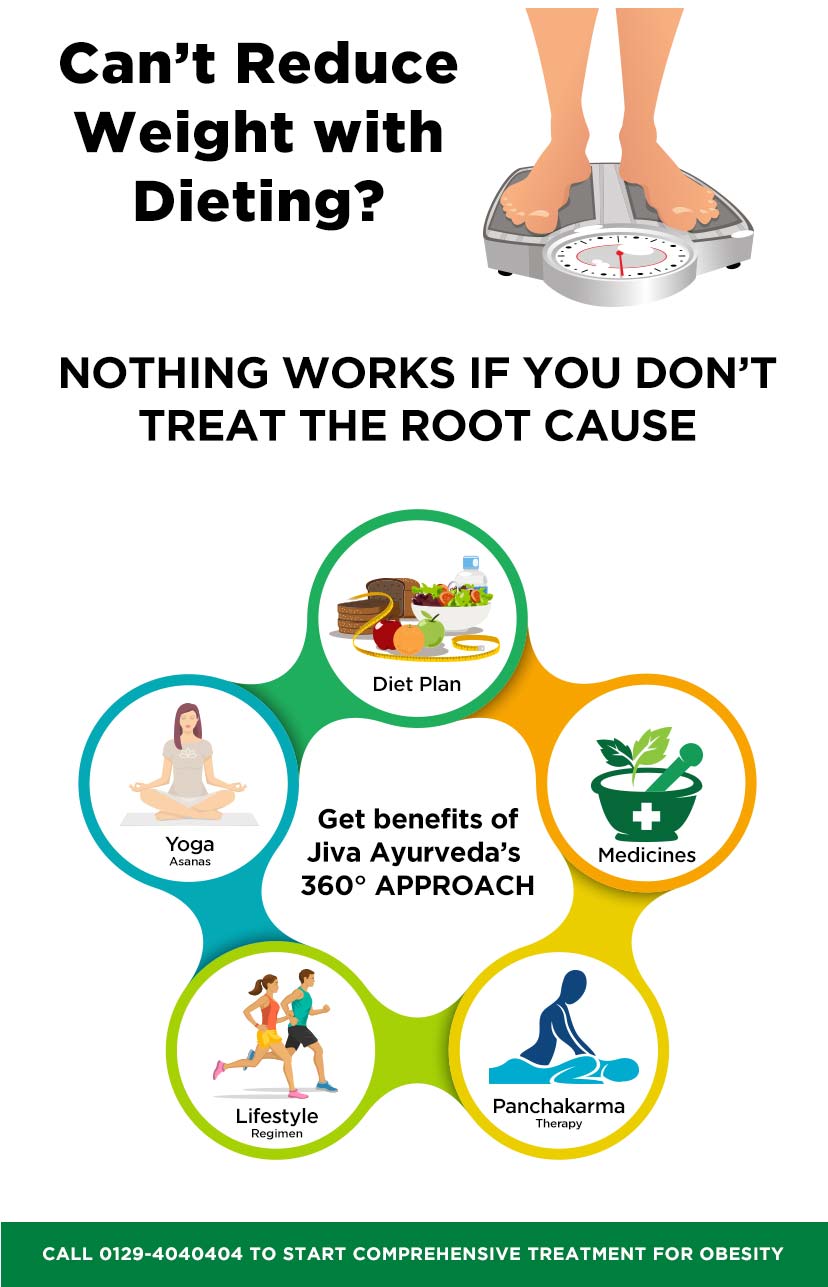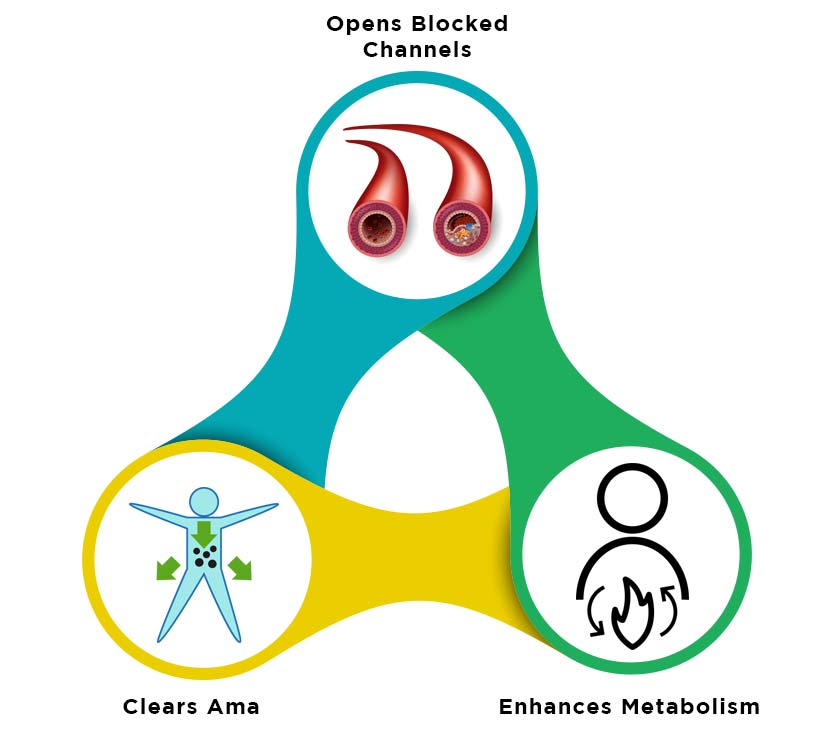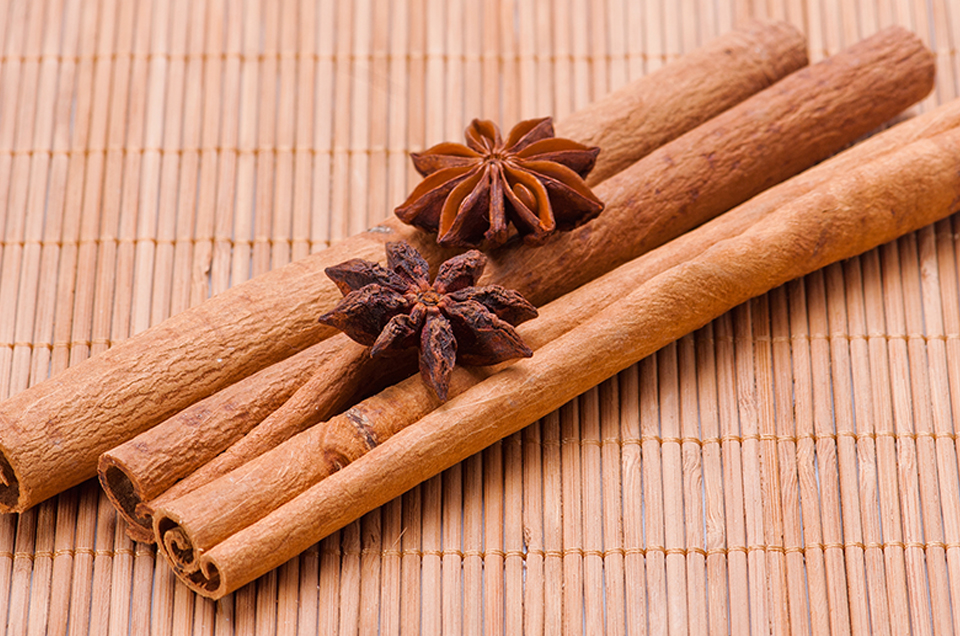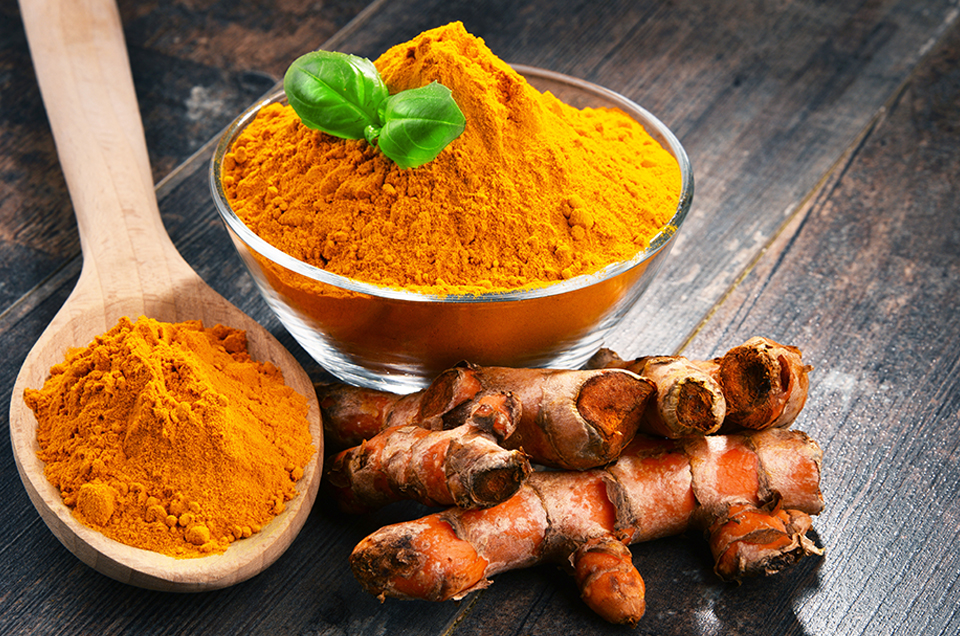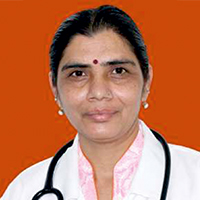In India, gallstones affect almost 4.3% of the population, which even though is lower than the 10% prevalence seen in Western countries, still signifies a major health concern.
Gallstones are solid deposits that form in your gallbladder, a small organ located under your liver. These stones can be of different sizes and can cause symptoms like abdominal pain, nausea, and digestive issues. For gallstones, surgery is considered a common treatment, but many individuals look for non-surgical options due to concerns about surgical risks, recovery time, and personal preferences.
In such a situation, Ayurveda offers a natural approach to managing gallstones. Ayurvedic treatments focus on addressing the root causes of gallstone formation by focusing on balancing your body's doshas and improving your digestive health. Ayurveda does this with the use of natural herbs, dietary modifications, and lifestyle changes to support your body's natural healing processes.
In this blog, we will explain how Ayurveda can provide the best non-surgical solution for your painful gallstones and also look at some effective preventive strategies for this health issue.
What Are Gallstones and Why Do They Form?
Gallstones are tiny, hard stone-like substances that form inside your gallbladder (a small pouch under your liver that stores bile). Bile is a digestive juice made by your liver to help break down the fats that you consume. But sometimes, this bile gets out of balance and starts forming lumps, which then turn into stones. These stones can be as tiny as a grain of sand and sometimes even as big as a golf ball.
You may not even know you have gallstones until they block the flow of bile and start causing pain, which you can feel in your upper right belly or back. This pain may come after eating heavy or fried food.
Why Do Gallstones Form?
Gallstones can develop due to a number of reasons:
Unhealthy Diet: If you eat excessive oily, spicy, or fatty foods regularly, this can disturb your digestion and bile production.
Skipping Meals or Fasting Too Much: If you take long gaps between your meals or if your eating patterns are not regular, this can make bile sit in your gallbladder for too long and become thicker.
High Cholesterol: Excess cholesterol in your bile may form crystals that can turn into stones.
Hormonal Changes: The changes that women have to face during pregnancy, birth control pills, or menopause treatments can easily raise the chances of getting gallstones.
Obesity or Sudden Weight Loss: Both these extremes can affect how well your gallbladder functions.
Liver Conditions: If you are struggling with any liver diseases like cirrhosis, this can increase your bilirubin levels and lead to stone formation.
How Do You Know If You Have Gallstones?
It has been generally seen that gallstones remain silent for years, but symptoms can make you feel uncomfortable once they start causing problems. One of the first signs is a strange stomach pain that you may feel after having meals or more digestion problems.
These are the most common signs that you should be aware of:
Upper Right Abdomen Discomfort: This is the most common symptom of gallstones. You might experience a sharp or dull pain below your right ribs, especially after you eat oily or heavy food.
Back or Shoulder Pain: At times, the Pain spreads to your back or the area between your shoulder blades.
Nausea & Vomiting: Gallstones can make you feel sick or cause vomiting.
Indigestion: You might feel full too quickly, bloating and burning after eating your meals.
Burping and Gas: If you find yourself burping too much or passing gas, this can mean your digestion is being disturbed by gallstones.
Clay-Coloured Stool or Dark Urine: These are clues that bile flow is blocked and should be examined by an Ayurvedic doctor.
Yellowing of the Skin or Eyes (Jaundice): If a stone blocks your bile duct, you may notice these signs .
Fever with Chills: In case gallstones cause an infection, you could also get a fever.
How Does Ayurveda Look At Gallstones or Pittashmari?
In Ayurveda, gallstones are called Pittashmari. Here, ‘Pitta’ refers to the bile and digestive fire, and ‘Ashmari’ basically means stone. According to Ayurveda, gallstones form when your Pitta gets too hot or aggressive and mixes with Kapha to dry up the bile and turn it into stones. If your Vata is also imbalanced, it slows down your digestion and encourages stones.
How Can Doshas Cause Gallstones?
Your body works on 3 doshas: Vata, Kapha, and Pitta. You feel healthy when these doshas are balanced. But in case they get out of balance, health issues start to disrupt your life. Gallstones generally happen when:
- Pitta becomes too strong because of spicy or oily food or psychological stress.
- The sticky, heavy Kapha joins with excess Pitta to help make the bile thick.
- Vata slows down your digestion and bile movement and gives the thick bile time to dry and form stones.
- Therefore, imbalance in all these three doshas leads to gallstones.
Why Is Agni (Digestive Fire) So Important?
Agni, or your digestive fire, is the base of your wellbeing in Ayurveda. Basically, if your Agni is strong, your food is digested properly and you feel balanced and clean. But weak Agni produces toxins in your liver and gallbladder. This sticky waste gradually forms stones.
Which Ayurvedic Herbs Can Help Dissolve Gallstones Without Surgery?
Ayurveda uses natural herbal remedies to dissolve gallstones and get your digestion back on track. These herbs are of two kinds :
- Cholagogues: Help the gallbladder contract and release bile into your intestines.
- Choleretics: Help the liver create much more bile so your bile remains thin and flowing.
The right combination of these herbs can reduce, dissolve and flush out gallstones without needing surgery.
1. Turmeric: Turmeric is an anti-inflammatory herb which protects your gallbladder and liver. It thins your bile, stops cholesterol buildup and supports bile circulation.
Pro Tip: Sprinkle some turmeric into your warm water or milk daily for better gallbladder support.
2. Ginger: Ginger improves digestion and bile production. Also, it reduces nausea and keeps your gut healthy.
3. Garlic: Garlic contracts the gallbladder and expels excess bile and stones. Also, it acts as an antimicrobial agent which keeps infections away.
4. Bhumi Amla: A liver-healing herb, Bhumi Amla breaks down stones and also decreases swelling in the gallbladder.
5. Manjistha: Manjistha purifies your blood, cleanses the liver and also calms excess Pitta, which triggers gallstones.
6. Bhringraj: Bhringraj improves bile flow and also strengthens liver function. Also, it serves as an appetite booster and digestive aid.
7. Aloe Vera: Drinking aloe vera juice regularly dissolves tiny gallstones. With this, it also balances your Pitta and clears out Ama.
8. Horse Gram (Kulattha): This protein rich legume helps dissolve stones and facilitate bile flow. You can take it as a soup or decoction.
Pro Tip: Soak horse gram overnight and boil it in water to make a light detox soup.
9. Berberis Aristata (Daruharidra): Daruharidra opens blocked bile channels and also decreases sharp gallstone pain. It is believed to shrink stones, if used frequently.
10. Rock Salt Remedy: Mix 1 tsp rock salt in a glass of warm water and drink on an empty stomach. Then lay on your right side for 30 minutes. This boosts bile flow and could soften your stones.
What Detox Therapies Does Ayurveda Recommend for Gallstones?
As we have already discussed, Ayurveda focuses on flushing out the root cause of gallstones from your body. For doing this, one of the best ways is by using detox treatments which cleanse your entire body of harmful toxins, improve digestion & restore your natural balance.
These are some of the best Ayurvedic detox therapies for gallstones :
1. Vamana (Therapeutic Emesis)
Vamana is a cleansing process in which you are made to vomit in a controlled way. This rids your stomach and upper digestive tract of toxins (particularly Kapha and Pitta). It is particularly helpful if your gallstones are related to excess Kapha and blocked bile flow.
Pro Tip: Vamana must be practiced only after proper preparation and always under expert guidance in a clinic.
2. Virechana (Therapeutic Purgation)
Virechana cleans your liver, intestines and bile channels using mild herbal laxatives. Because gallstones are primarily related to Pitta imbalance, this Ayurvedic therapy is one of the best natural ways to detox and rebalance your system.
Tip: Virechana is generally done a few days after Vamana for full body cleansing.
3. Parisheka (Medicated Shower therapy)
In this therapy, a warm herbal decoction is poured over your abdomen. It relaxes the area, alleviates pain and balances Pitta and Vata doshas. This process is best for you if you can not tolerate stronger therapies.
4. Panchakarma (Five Fold detox)
Panchakarma is a five step detox program with five major procedures like Vamana and Virechana. It resets your digestive tract, improves bile flow, and promotes better gallbladder health.
Conclusion
Living with gallstones can be annoying, particularly when the pain hits you abruptly or your digestion feels off every time you eat something. But you don’t always have to jump straight to surgery. Ayurveda offers an all natural and tested method to support your body effectively and gently.
If you have been feeling uncomfortable or simply want to follow a natural path to find relief from your gallstones, now is your chance to listen to your body and take care of it.
Talk with our Jiva certified Ayurvedic experts today who could suggest the appropriate therapies and herbs for your condition. Call us on 0129-4264323.



